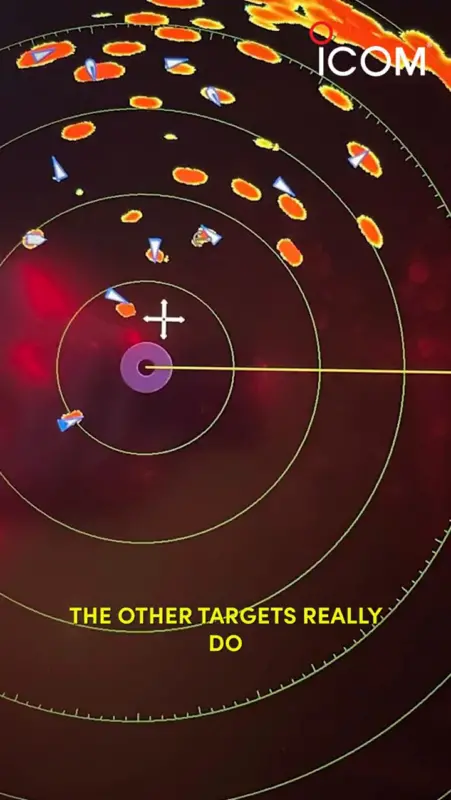Augmented Reality’s Presence in Security is at Our Fingertips
The methods by which Americans secure their assets are rapidly advancing with the help of artificial intelligence, virtual, and augmented reality. Security innovation is found throughout almost every industry of every-day life, from cell phone companies adopting facial-recognition technology to hotels experimenting with concealed weapon scanners. As these companies try to balance between high-tech security and growing privacy concerns in an increasingly turbulent world; the pressure is certainly felt to continue improving the safety and security of consumers everywhere.
Researchers at Arizona State University have developed a new type of security system that employs a users’ hand gestures as a pass code—and the accuracy is surprising. The program, called FMCode, utilizes complex algorithms from within a wearable sensor or camera that can detect a person’s hand gestures, whether that be drawing a shape or writing a signature in the air, to accurately identify users in up to 96.7 percent of the time.
Developing the program did not come without challenges, however.
ASU researchers Duo Lou and Dijiang Huang encountered some significant hurdles in reaching near-perfect accuracy. Given that humans are naturally imperfect at replicating anything perfectly for any number of times (that does not involve a fingerprint or face-scan) the researchers turned to Artificial Intelligence for answers. To help minimize misidentification, the program employs a machine learning platform that can distinguish frauds from simple differences in speed and shape.
When the program went through a survey, respondents, although impressed with the security aspect of the technology, were still unconvinced by the speed and simplicity when compared to traditional login methods. The future of gesture control has the potential to be very bright. The system is seen as a less intrusive form of security compared to fingerprints and facial recognition. As the hardware improves and the machine learning continues getting smarter, consumers have much to be optimistic about in regard to the future of the state of security.







